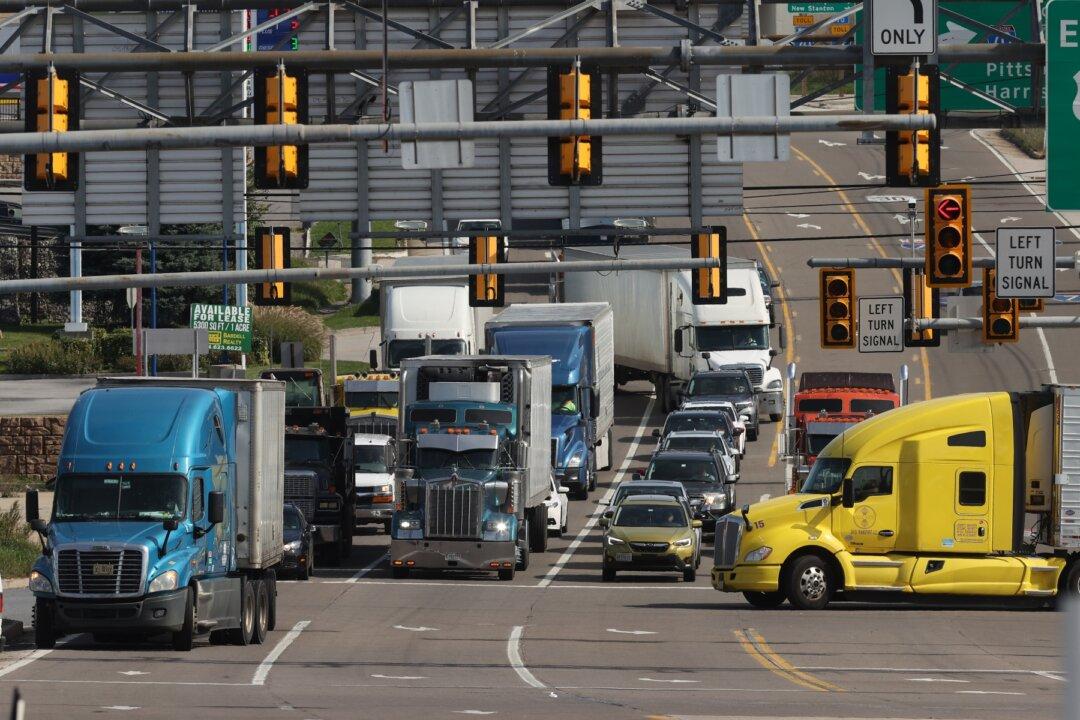Commentary
JOHNSTOWN, Pa.—Two months ago, 30,000 truckers at Yellow lost their jobs when one of the nation’s oldest and largest trucking companies filed for Chapter 11 bankruptcy protection. Last week, Convoy, the digital freight broker that was supposed to reinvent the wheel and disrupt the trucking industry in a positive way, also abruptly shuttered its doors.





